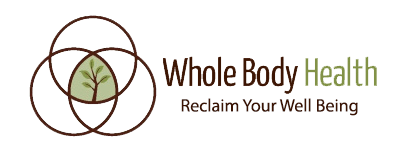More and More Skeptics are Discovering That Acupuncture Really Works
People who have never tried acupuncture often view it as a therapy so alternative that it’s only considered as a last resort for finding pain relief. It seems that words like meridian, life force and Qi can be a little intimidating alongside mainstream medical vocabulary. But once the skeptical find their way to an acupuncturist, they often wonder what took them so long.
That’s because acupuncture works. After all, the ancient Chinese healing art that involves the insertion of tiny needles into strategic points of the body would not still be practiced centuries after its origination if it didn’t. In fact many who prefer a more natural way to manage both chronic and acute pain, promote relaxation, and change destructive lifestyle habits, regularly incorporate acupuncture visits into their wellness routines, with more jumping on the bandwagon all the time.

Aside from pain management, acupuncture is a proven therapy for treating a variety of issues including allergies, infertility, and addiction, and while people are often only led to try acupuncture before agreeing to more invasive surgical procedures or medicinal protocols, they often find success using it in conjunction with traditional therapies. In fact, according to the Archives of Internal Medicine, there is now solid evidence that acupuncture is extremely effective partnered with conventional therapies.
That’s why many, including mainstream medical doctors, have decided that using acupuncture doesn’t have to be an either/or decision. It can work alongside traditional therapies, with some MDs even referring patients for acupuncture treatment or having acupuncturists on staff.
A major example is the growing number of oncologists who suggest acupuncture to help reduce the side effects of chemotherapy, including nausea, vomiting, dry mouth and fatigue.
One of the largest studies to date on acupuncture and chronic pain involved nearly 18,000 and found that acupuncture is a reasonable referral option due to its effectiveness for treating chronic pain and other issues that may not register on x-rays or blood tests and therefore prove difficult to treat by mainstream medicine alone.
If you’re still skeptical, you can at least feel confident in the fact that there are no side effects from a visit to the acupuncturist aside from the possibility of minimal bruising after the first few visits. You just may find relief from issues you’ve been struggling with for a long time.
